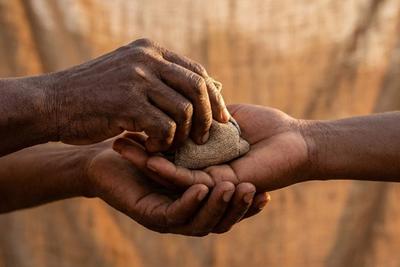
The Most Generous Country in the World Isn’t Who You Think
According to the World Giving Report 2025, Nigeria has officially outpaced the globe in generosity.
According to the World Giving Report 2025, Nigeria has officially outpaced the globe in generosity.
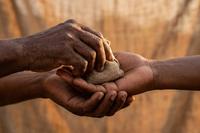
The cornerstone of this pledge is a ₦1 trillion ($688 million) Education Fund designed to span the next decade.

When you look at Abdul Samad Isiyaku Rabiu’s journey, it’s easy to focus on the BUA Group’s massive success.

The Tony Elumelu Foundation (TEF) has opened applications for the 2026 edition of its flagship Entrepreneurship Programme, inviting ambitious entrepreneurs from all 54 African countries to apply for funding, training, and mentorship.
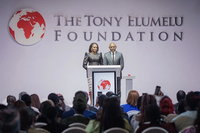

According to the World Giving Report 2025, Nigeria has officially outpaced the globe in generosity.
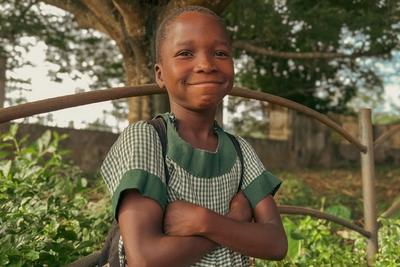
Founded in 2018, the Trevor Noah Foundation is changing education philanthropy in South Africa through a community-centered, teacher-led approach.
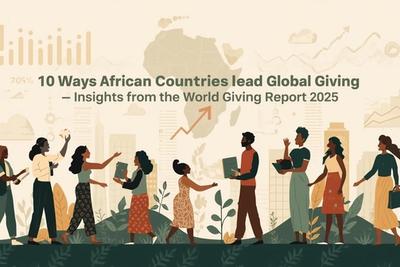
Here are 10 concrete ways African countries lead global giving.
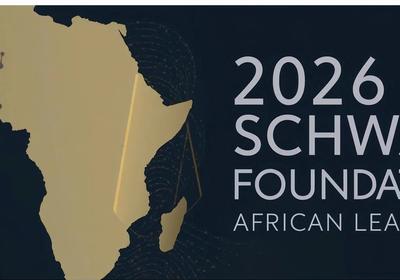
2026 Schwab Foundation Awards, announced at the World Economic Forum Annual Meeting in Davos-Klosters, Switzerland.
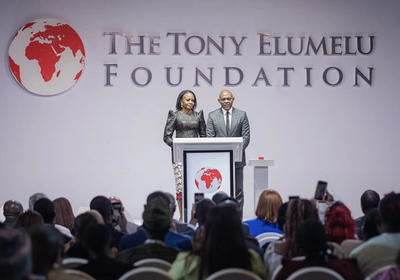
The Tony Elumelu Foundation (TEF) has opened applications for the 2026 edition of its flagship Entrepreneurship Programme, inviting ambitious entrepreneurs from all 54 African countries to apply for funding, training, and mentorship.
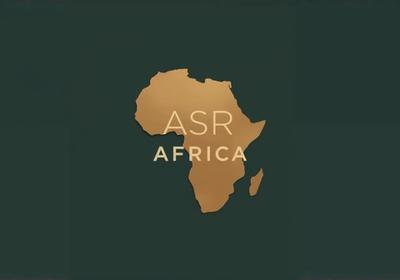
When you look at Abdul Samad Isiyaku Rabiu’s journey, it’s easy to focus on the BUA Group’s massive success.
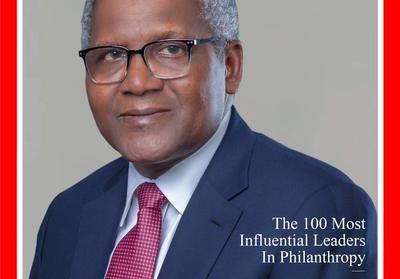
The cornerstone of this pledge is a ₦1 trillion ($688 million) Education Fund designed to span the next decade.
Subscribe to our newsletter for all the latest updates.
Support independent journalism on African philanthropy